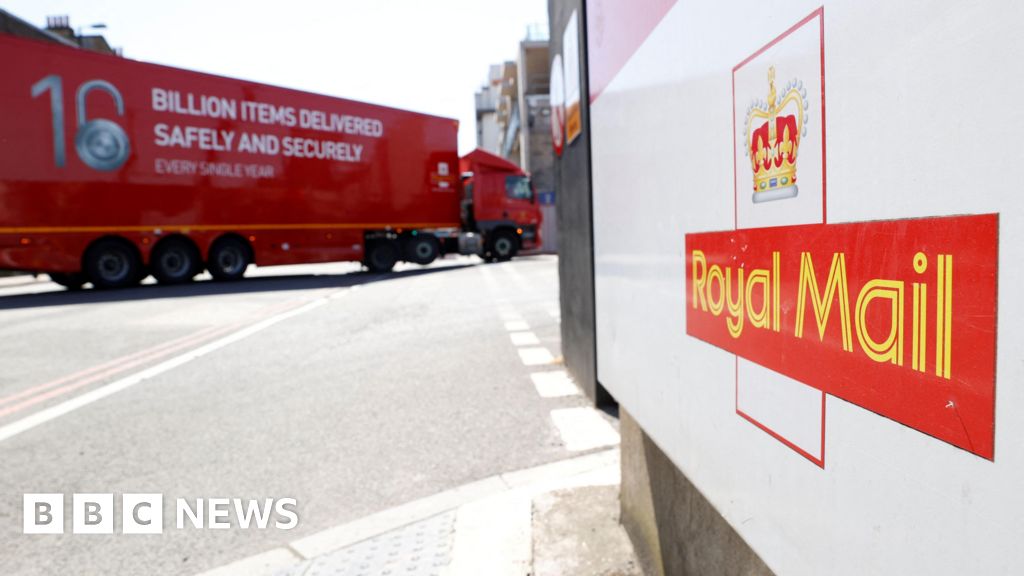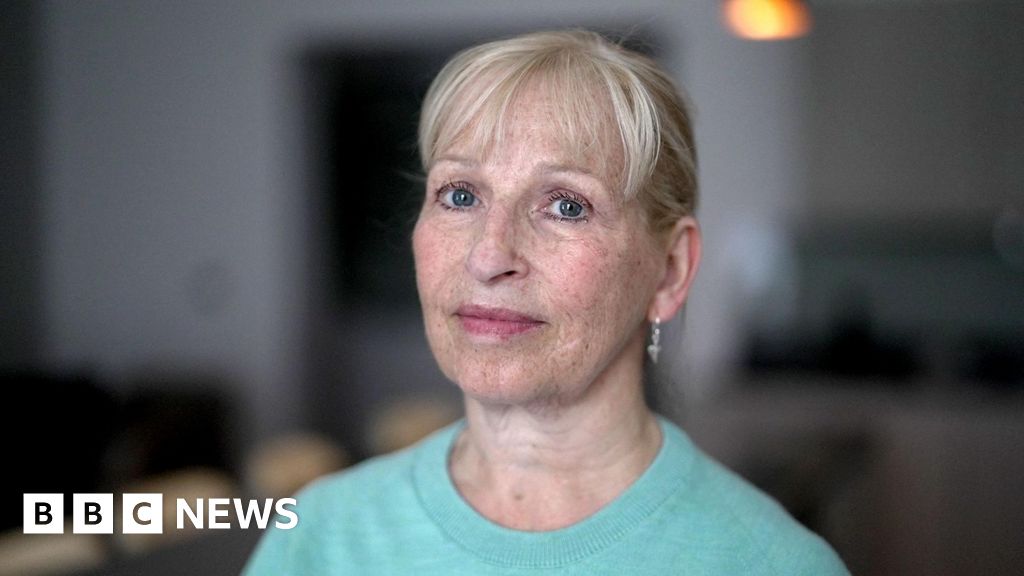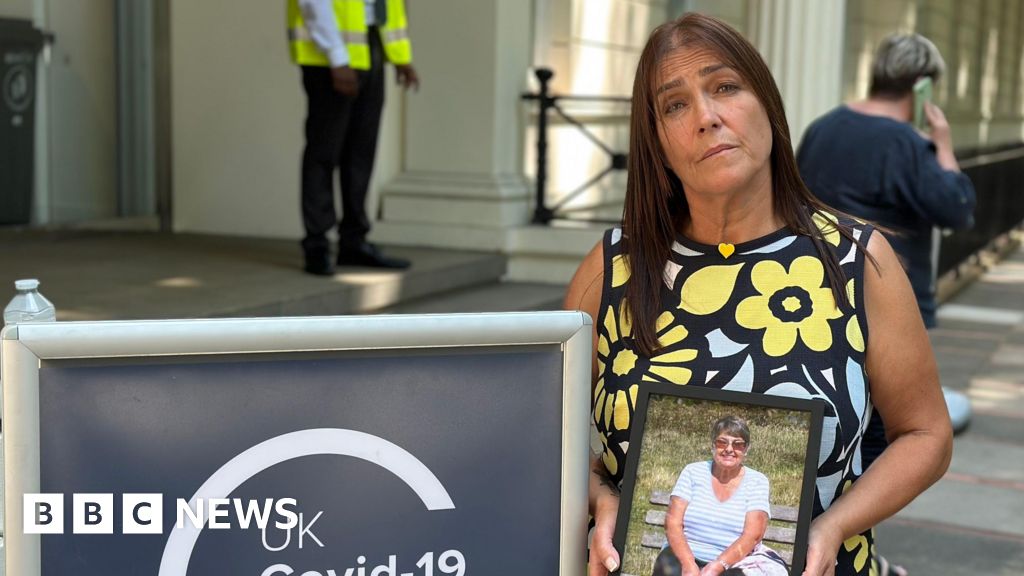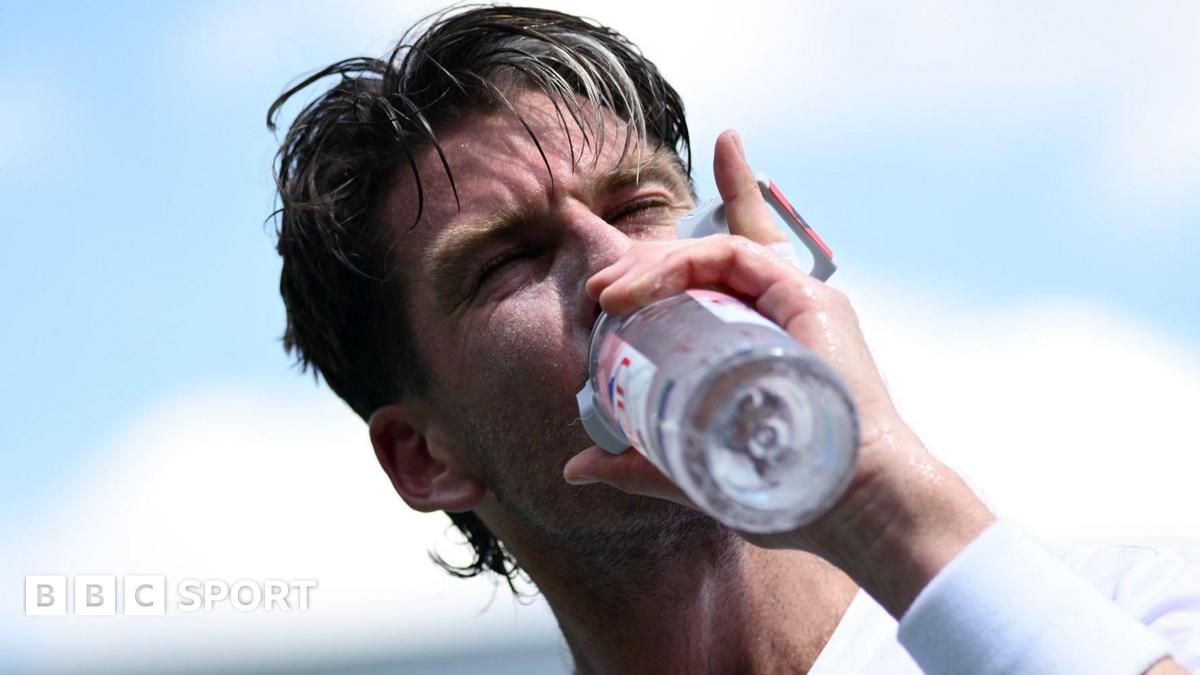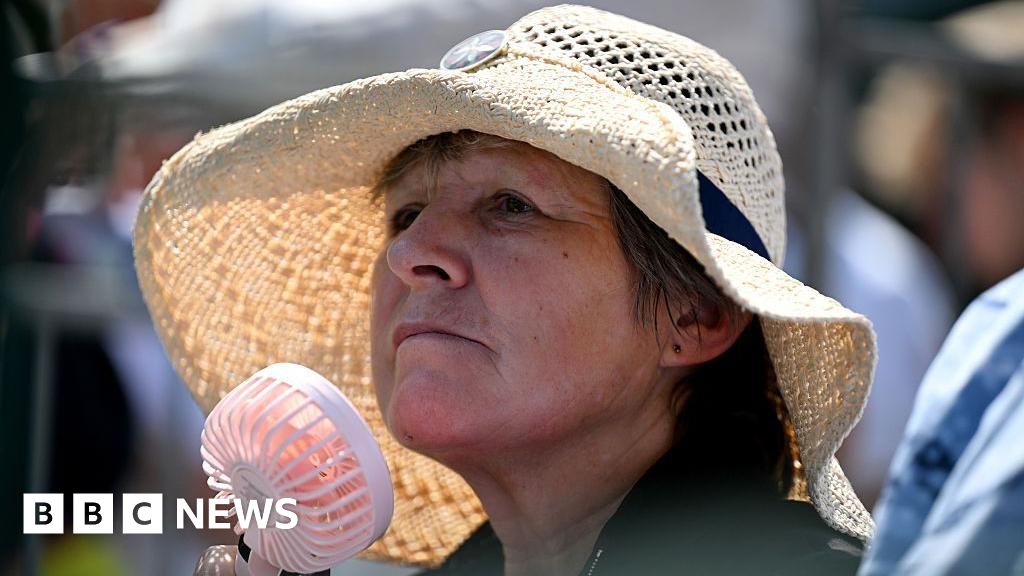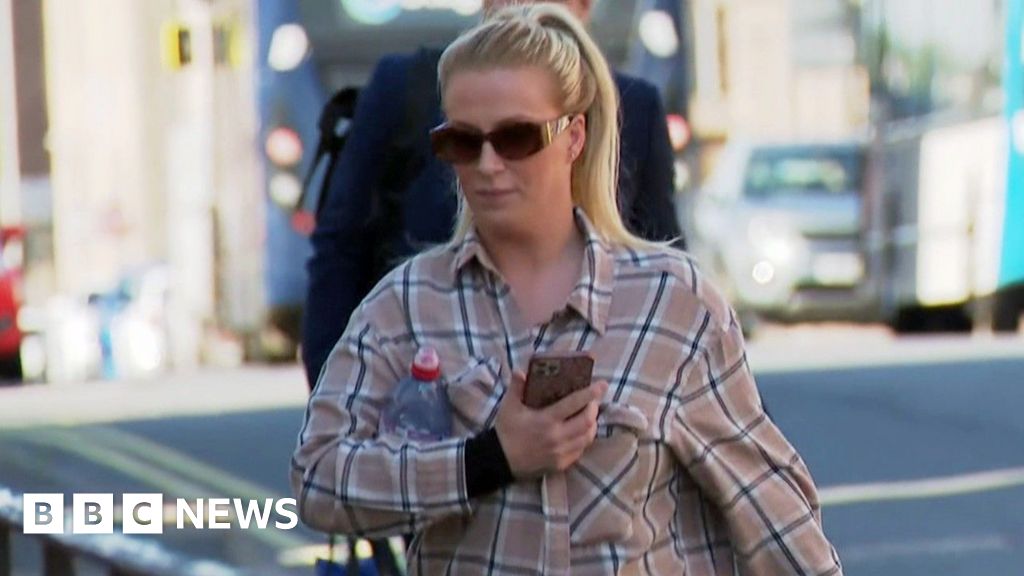Joshua Nevett
Political reporter

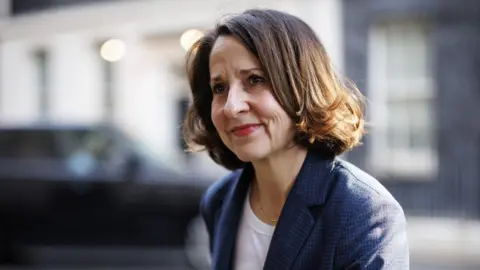 EPA
EPA
The government is to release more details about the concessions it has made over proposed welfare changes, as ministers attempt to quell a rebellion of Labour MPs.
Work and Pensions Secretary Liz Kendall said the government is aiming to deliver a "fairer, more compassionate" benefits system, ahead of a vote on its reforms on Tuesday.
Last week, Prime Minister Sir Keir Starmer was forced into a U-turn to salvage his benefits changes after more than 120 Labour MPs threatened to vote down his plans.
The deal with rebel MPs suggests the welfare reforms will only save £2bn a year, rather than the £5bn they were expected to save by 2030.
The Conservatives said ministers had wasted an opportunity to reform welfare and have called for cuts to mental health benefits for all but the worst cases.
The original welfare reform bill included proposals to restrict eligibility for the personal independence payment (Pip) and cut the health-related element of universal credit.
But an amendment that would have halted the bill at its first hurdle was signed by 126 Labour backbenchers, who argued the plans were rushed and would push vulnerable disabled people into poverty.
When it became clear the bill would fall, the prime minister offered major concessions to rebel MPs - including limiting Pip cuts to only new claimants.
The government also reversed its plans to freeze the health-related component of universal credit, and the payment will now rise in line with inflation for existing recipients.
Ministers will outline the terms of a review of the Pip assessment, to be led by disabilities minister Sir Stephen Timms in collaboration with disabled people.
The regulations that would bring into effect the right for people receiving health and disability benefits to try work without fear of reassessment will also be laid in Parliament.
On Monday, the government published new modelling suggesting that around 150,000 people will be pushed into poverty by 2030 as a result of the welfare cuts.
This is lower than the 250,000 figure, before the government scaled back its proposals.
Dozens of Labour MPs still have misgivings about the benefits changes and could defy the government in Tuesday's vote.
Clive Efford, the Labour MP for Eltham and Chislehurst since 1997, told the BBC he would still oppose the government's welfare plans despite significant concessions.
When asked whether he had changed his mind, he said: "No, I've not, I'm afraid.
"There are still £3.5bn worth of savings that are required in these measures and we don't yet know the poverty impact that they will have."
Efford said he thought many of his Labour colleagues were "waiting to hear what the government are saying today" and how the amended proposals would impact benefits recipients.
He added: "Until we know and understand the impact on them we shouldn't be taking what I see as a leap in the dark."
Efforts continued through the weekend to talk to Labour MPs about the changes, and Kendall will hope to provide further reassurance to those still wavering ahead of Tuesday's vote on the second reading of the new law, called the Universal Credit and Personal Independence Payment Bill.
Kendall said: "We must build a welfare system that provides security for those who cannot work and the right support for those who can.
"Too often, disabled people feel trapped, worried that if they try to work, they could lose the support they depend on.
"That is why we are taking action to remove those barriers, support disabled people to live with dignity and independence, and open routes into employment for those who want to pursue it."
The Liberal Democrats are planning to vote against the bill and have called for the government to bring forward its programme to help people into work more quickly.
Deputy leader Daisy Cooper said: "Liberal Democrats simply cannot support any measures that make things harder for unpaid carers, disabled people who rely on support with daily tasks in order to stay employed, and those whose disabilities mean that they will never be able to work."
Ministers hope their reforms will boost employment among benefits recipients, at a time when 2.8 million people are economically inactive due to long-term sickness.
If nothing changes, the health and disability benefits bill is forecast to reach £70bn a year by the end of the decade, a level of spending the government says is "unsustainable".



 6 hours ago
6
6 hours ago
6


